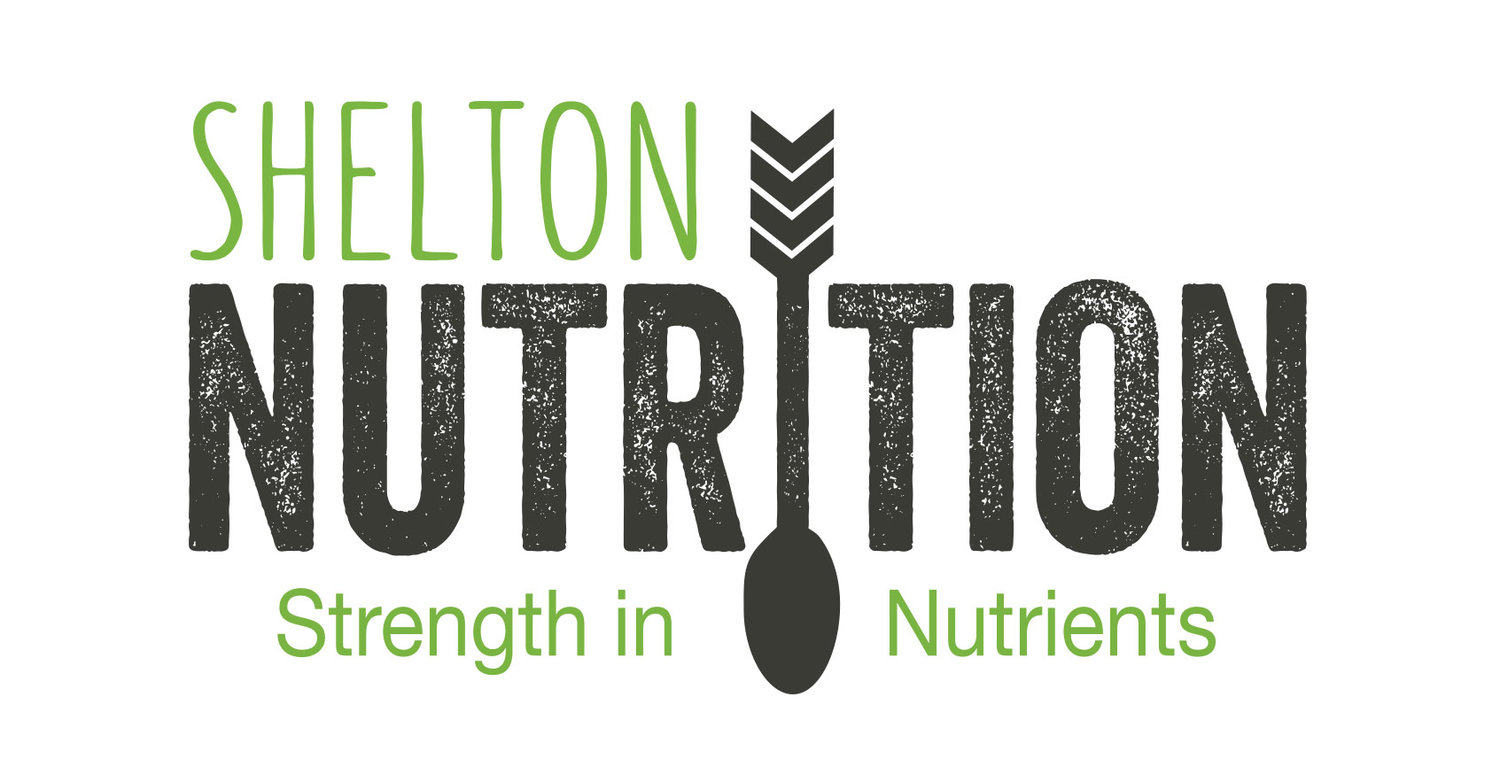Making Sense of the Seed Oil Debate — Are they healthy to consume?
There has been quite a lot of hype about seed oils in the media recently with individuals across the health industry taking sides as to whether seed oils are healthy or harmful to consume.
How can you decide whether to continue buying and consuming seed oils?
Perhaps the next two questions we should ask, rarely addressed in the media, are: does it depend at all on the process by which the oil is produced and does it depend on the health goals of the individual who is planning to consume said seed oils?
The answer, to both questions is yes. It depends.
Variation in the production of oils: from seed growth to processing
The production of the oil contributes to its health effects. Methods that involve less processing, such as ‘cold-pressed,’ yield oils with higher nutritional content compared to refined oils or those that use organic solvents like hexane, which also affect the oils’ nutritional content and therefore its effects on health. Even before production, the composition of the soil and the underlying genetics of the plant itself play a role.
Variations in fatty acid composition of different seed oils
Seed oils are a good source of fatty acids, and fatty acids are absolutely essential for good human health. Oils made from different seeds contain different fatty acid profiles, so some are high in monounsaturated fatty acids (e.g. rapeseed oil) while others are high in polyunsaturated fatty acids (e.g. linseed oil). But even this profile is not static and is affected by factors such as climate, soil composition, and the techniques in which the oil is processed – and that is the first “it depends” point.
Here are just three specific examples:
Rapeseed oil is a good source of oleic acid but its composition can vary with soil composition. Nitrogen management strategies that produced higher nitrogen application rates yielded oil with lower oleic acid levels and higher linoleic acid levels.
Linseed oil is a good source of linolenic acid but higher temperatures used during grain filling during processing have been shown to result in higher levels of linolenic acid.
Sunflower oil is also a good source of linoleic acid but some genotypes have higher levels of oleic acid and lower levels of linoleic acid.
The evidence-based reasoning touting the health of seed oils has to do with this fatty acid profile and its cardiovascular benefit. The concerns about consuming seed oils center around consuming even more omega-6 fatty acids from these oils, leading to a more inflammatory balance in our bodies. The examples above show us that both can be true and that it is not a black-and-white answer. Perhaps that is the reason why for all the recent controversy over this issue.
Furthermore, overall lifestyle factors, such as the overall diet of an individual and the degree to which exercise is a part of the daily routine, are critical pieces of input that should be considered in answering this question.
Influence of genetics on the health of seed oil consumption
What about genetics? Differences in our genetics predispose us to slightly different ways of metabolizing fats, and this plays a role as well. There are a number of genes that influence metabolism of fatty acids in the body and the effect on individual health. Here are a few examples:
Research on the CETP gene shows differences in triglyceride levels in response to fatty acid intake.
Research on the LPL gene shows differences in HDL cholesterol levels in response to fatty acid intake.
Individuals with variations in FADS1 and FADS2 genes may experience better health outcomes consuming oils high in monounsaturated fatty acids like rapeseed oil or olive oil.
Individuals with variations in the ELOVL2 gene may experience better health outcomes consuming oils that are high in polyunsaturated fatty acids such as linseed oil or flaxseed oil.
Individuals with variations in the SCD gene may do better to avoid oils like palm oil or coconut oil, which are higher in saturated fat.
The studies that yielded this information are helpful to understand how complex this issue is when asking whether or not ‘seed oils’ are good for your health. Even with this information, it is important to keep in mind that humans are complex and that levels of consumption of these oils in combination with other diet and lifestyle choices will also vary individual health outcomes.
We need more research to be done to understand the combination of these factors together to make a personal decision on whether and which seed oils to buy and consume.
What to do with this information
In the meantime, the more information you have on your personal profile in combination with the type of seed and manufacturing process of the oil you may buy, the more informed a decision you can make for yourself. Mainstream media can only tackle information at a public health level. To make personal decisions about your health and the foods you consume, you always need to use evidence-based information in combination with your own values, goals, and knowledge about your unique body.
As always, never be quick to jump to a conclusion about whether a food is ‘good’ or ‘bad’ based on one piece of information, because it is rarely that simple, and variations in the food itself and the individual consuming it often play a role. At a minimum, inform yourself better by examining sources that differ in opinion so you hear more than one view, and reach out to a nutritionist, nutritional therapist or dietician who specializes in personalized nutrition for guidance tailored to your individual body.

